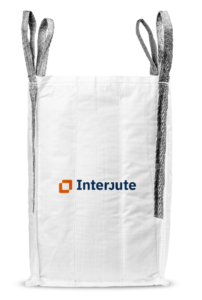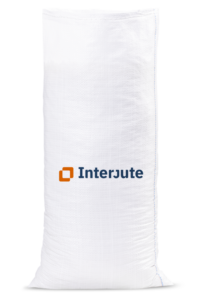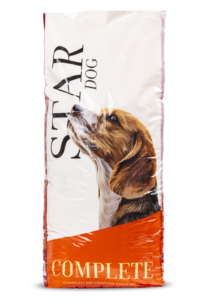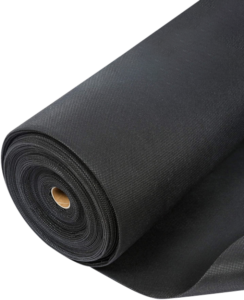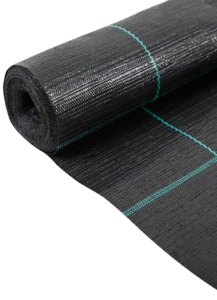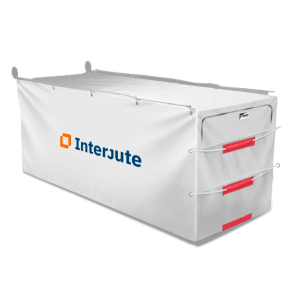Plastic Industrial Packaging
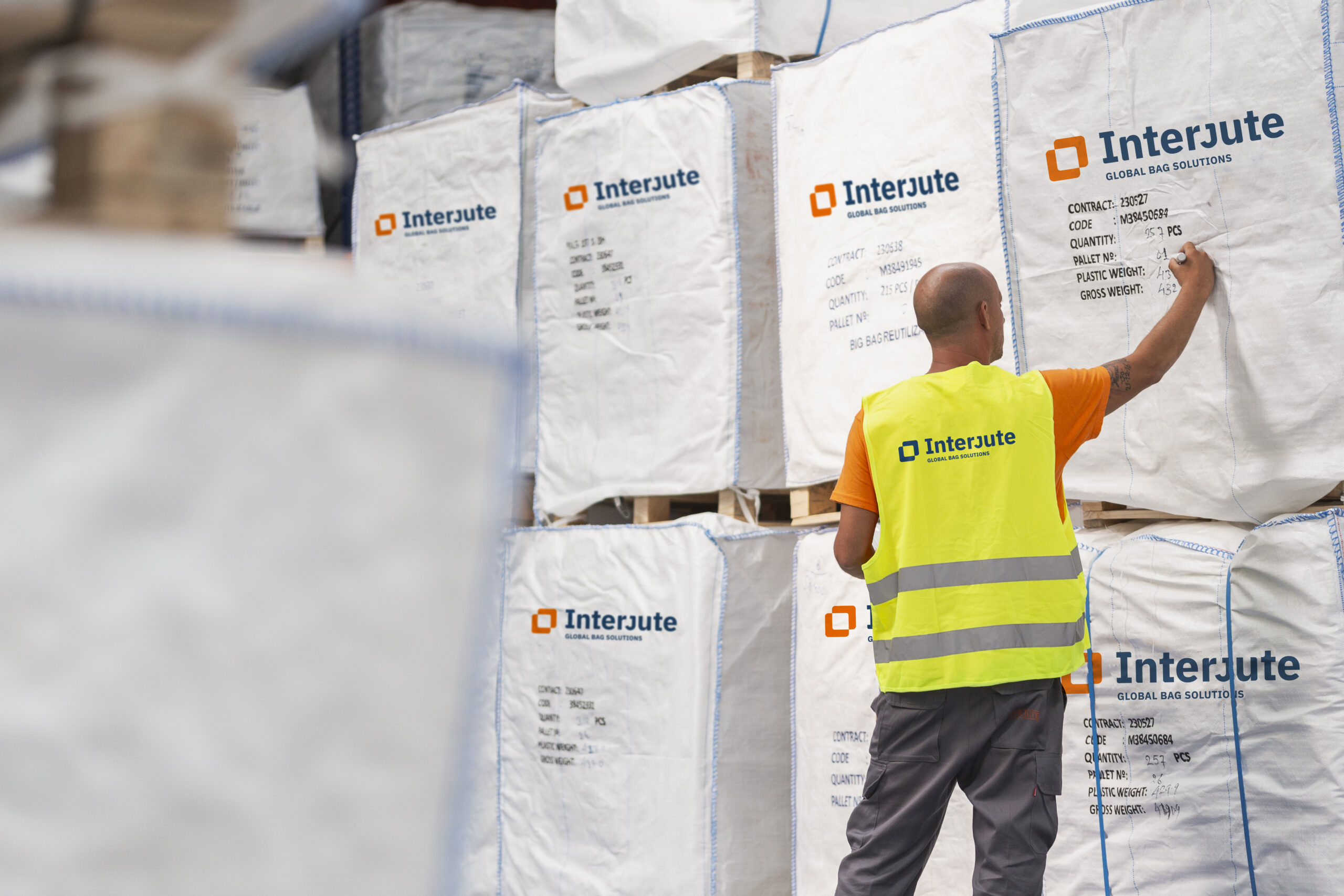
Today, many companies work with large-sized or bulk products, which requires proper storage. In today’s increasingly demanding and competitive markets, the storage product sector has had to take a firm step forward in the market, adapting to different needs. This has led to the emergence of different types of industrial packaging for these products.
Throughout this article, we will explore the different types of packaging, as well as curiosities or facts that you probably didn’t know about their manufacture and reuse.
Contenidos
Different Materials in Industrial Packaging
Industrial packaging plays a fundamental role in the transportation and storage of products. When manufacturing packaging, different plastic materials or components are used depending on the product to be stored. The aim of this task is to guarantee the preservation of the products, as well as their integrity and condition during storage and transportation.
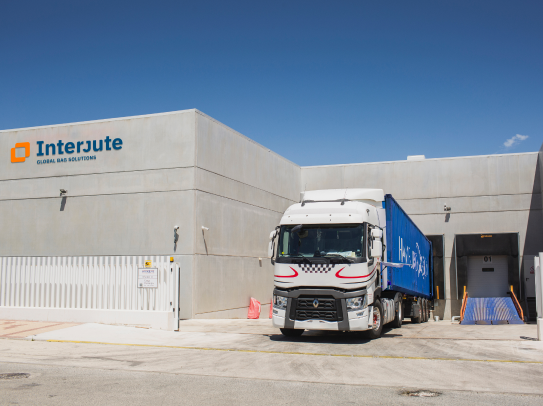
The following are the materials used in the manufacture of industrial packaging:
Polyethylene
Polyethylene is recognised worldwide as the most outstanding polymer due to the fact that most of the plastics that are part of our daily lives are composed of it, which makes them easily accessible materials. The properties of polyethylene include:
- High resistance to low temperatures.
- Notable resistance to abrasion, impacts and knocks, giving the resulting plastic robustness.
- Great flexibility thanks to its elastic nature and ability to stretch easily.
- Depending on its characteristics, polyethylene can be presented in two forms: linear or branched.
Polypropylene
Polypropylene is a polymer widely used in our daily lives, especially in the manufacture of industrial bags. Its features include:
- It is a remarkably lightweight material due to its low density.
- It has excellent resistance to high temperatures and offers protection against certain acids and solvents that could cause damage.
- Its natural colour is translucent and transparent, making it an ideal choice for customising bags using dyes.
- It is effective for electrical insulation.
- It stands out for its strength, making it difficult to break or fracture, and it is also resistant to water and impact during the transport of goods.
In addition, it is important to highlight its recyclability, which contributes to the preservation of the environment.
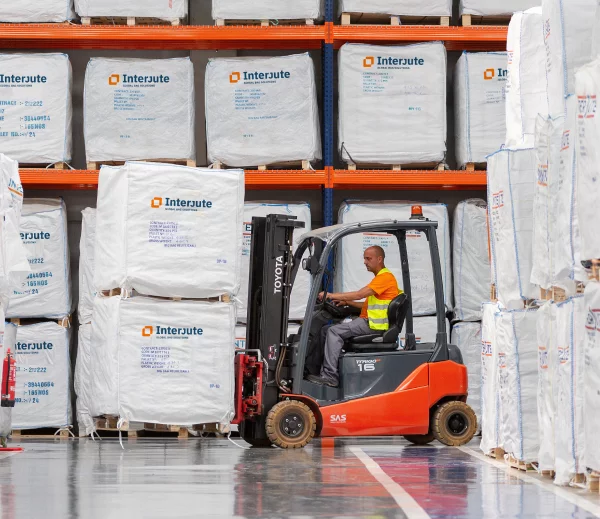
Plasticized polypropylene
Plasticized polypropylene is a type of material made of polypropylene with a special finish due to a film that is applied to it, giving it a glossy or matt appearance. This plasticizing is widely used in various industrial sectors due to its flexibility, strength, impermeability and variety of finishes available, including matt, gloss, holographic and metallic.
Bioriented polypropylene
Bioriented polypropylene (BOPP) sacks are a type of packaging with a lamination that offers certain qualities that are ideal for packaging certain products with added value. Printing is possible, as the inks are applied directly to the outer film, which is adhered to a polypropylene fabric using a laminated coating. BOPP sacks offer greater water resistance, as well as photographic quality prints that will improve the marketability of the packaged product. They protect against moisture for a longer period of time, making them the most convenient option.
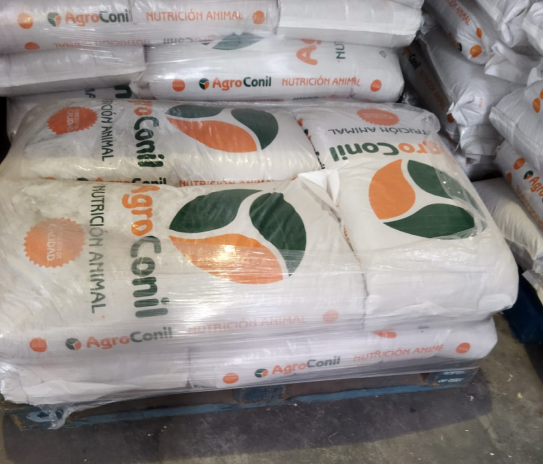
Types of Industrial Packaging
We share with you all the industrial packaging that we produce at Interjute:
Plastics and their Recycling Capacity.
The plastics used at Interjute for industrial packaging production are mostly recyclable. It’s worth mentioning that after efforts and investment in R&D, we have managed to increase efficiency with regards to the environment.
Surely, after reading this, we might have cast doubt on the typical perception of a product like plastics and the criticism surrounding their use. However, many scientists endorse that the environmental impact of plastic is minimal compared to most products used in the industrial sector.
Another factor that often deters working with this material is the belief that it doesn’t decompose. On the contrary, plastic is degradable over time and even does so faster than other materials like wood.
Safety and Quality.
In the commercialization and distribution of industrial packaging, safety and quality are paramount. The plastic materials used in our products are subject to strict quality controls and regulations, ensuring optimal protection for bulk storage items. Additionally, the qualities of these plastics, such as their resistance to moisture or high temperatures and their ability to cushion impacts, provide additional safeguarding during the transportation and storage of products.
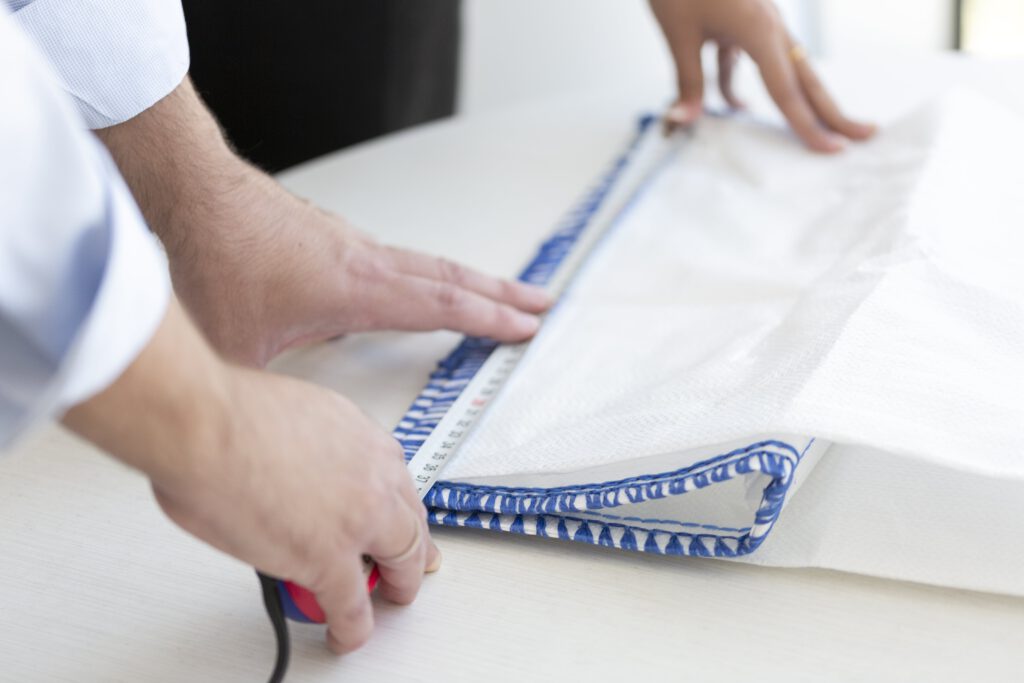
After reading this article, you have surely obtained all the necessary information about the industrial packaging we produce at Interjute, and you may have noticed that our main task is to achieve quality, safety, and responsibility in a single product.
But if you need any information, we are at your complete disposal to address any of your doubts.

